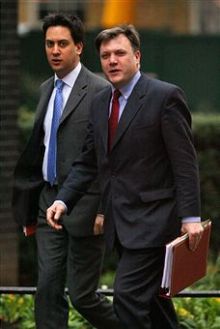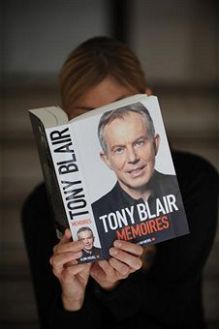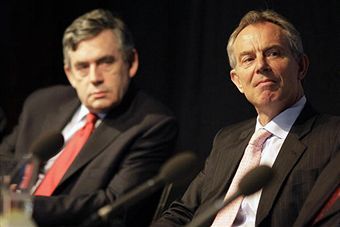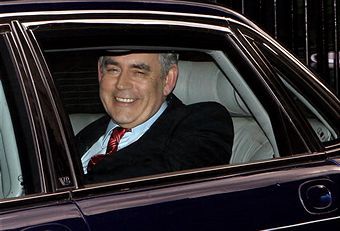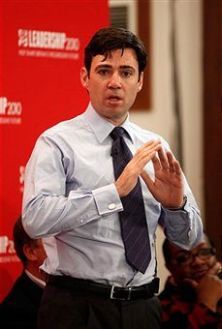From the archives: Labour election special
A double hit from the Spectator archives, this week, in recognition of events in Labour land. The first is a recent piece, by Andrew Gilligan, on why the battle between Ken and Oona – now resolved, of course – is the real battle for Labour’s soul. And the second is Boris’s take on Blair’s election to the Labour leadership back in 1994. Enjoy, as they say. The real battle for Labour’s soul, Andrew Gilligan, The Spectator, 11 September 2010 This summer’s election to choose a new deputy regional sales manager of the Co-op, sorry, a new leader of the Labour party, has rather obviously failed to set the nation on



